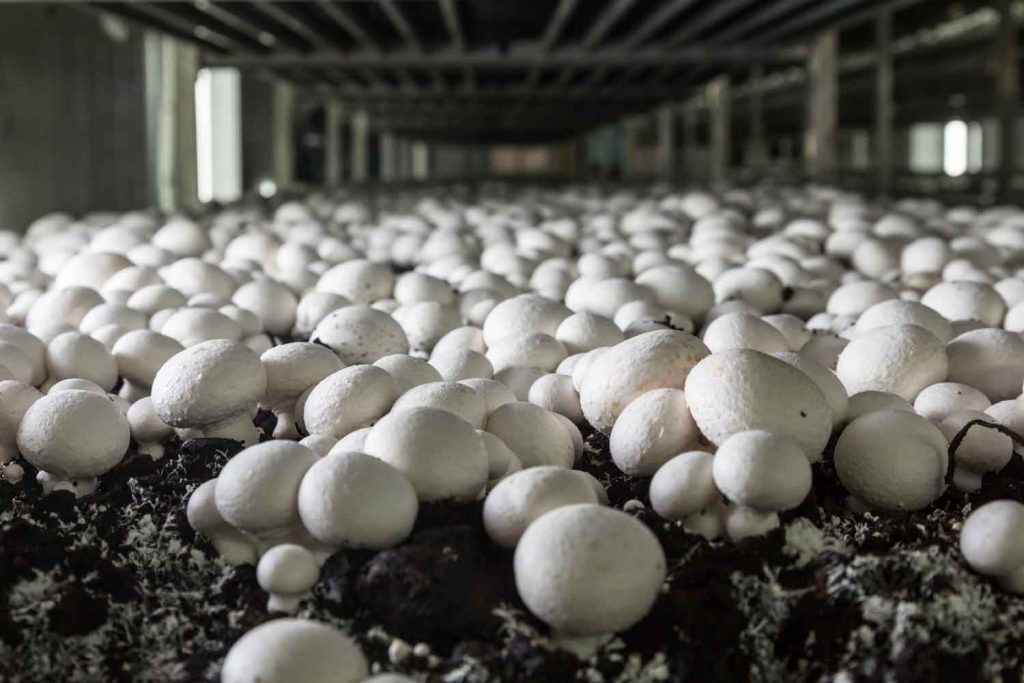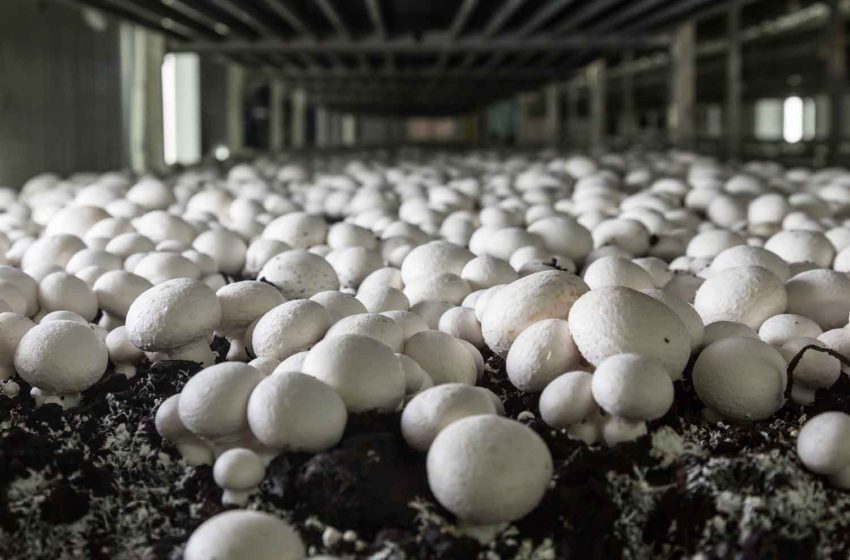
Mushrooms sprout new opportunities for Malawi
As Malawi seeks to diversify its economy, button mushrooms are emerging as one of the promising alternatives. Not only are the fungi popular among Malawians, who like to eat them as pizza toppings and in other foods, the country’s climate and growing conditions are also conducive to its production. To date, domestic production has been minimal, however. In the 1980s, a government research station cultivated limited numbers, but the organization failed to invest in farmer training. Over time, domestic production fell by the wayside. Today, Malawi imports 92 percent of its button mushrooms from South Africa.
Lilongwe-based JAT Investments seeks to change that by promoting domestic cultivation. According to founder and Managing Director Temwani Gunda, mushrooms offer many advantages to the farmer. For starters, they require less land than other crops. “You can grow them in a small shed,” she says, adding that this also protects them to a degree from the impacts of climate change.
The labor, meanwhile, is easy compared with tobacco. “You don’t need to go into the fields and be exposed to the elements,” says Gunda. “This means it is an inclusive commodity; even old people manage them.” Selling for approximately MKW10,000 ($9.75) per kilogram, mushrooms also offer attractive yields. A shed of 3.5 meters by 5 meters can produce 250 kg of mushrooms. One growing cycle takes about two months, allowing farmers in Malawi to grow three times per year. “And that’s the production from just one shed,” says Gunda.

Farmers venturing into mushrooms should also have no trouble selling them. A consultant hired by JAT Investments estimated domestic demand at between 70 tons and 75 tons.
Temwani Gunda, founder and managing director, JAT Investments
Farmers venturing into mushrooms should also have no trouble selling them. A consultant hired by JAT Investments estimated domestic demand at between 70 tons and 75 tons.
The greatest challenge for Malawi mushroom producers is seed (spawn). Because there is no domestic production, it must be imported from South Africa or elsewhere. This adds not only cost and time but also risk—if the shipper does not properly control the temperature, the seed won’t germinate.
With the help of the Centre for Agricultural Transformation (CAT), JAT Investments expanded its farmer base from two to seven farmer “clubs,” each of which contains between 10 and 15 mushroom growers. The CAT also assisted with seed procurement, infrastructure and farmer training, allowing the number of farmers to grow at a much faster pace than it could have managed otherwise.
According to Gunda, growers, including many tobacco farmers, have been lining up to join the project—and they appear to have been pleased with the performance of the fungi. “Just one crop of mushroom allowed me to pay school fees and buy fertilizer for my maize,” says one JAT grower. A colleague lauds the fact that, unlike tobacco, mushrooms are good for health and don’t require him to chop down trees.—T.T.











